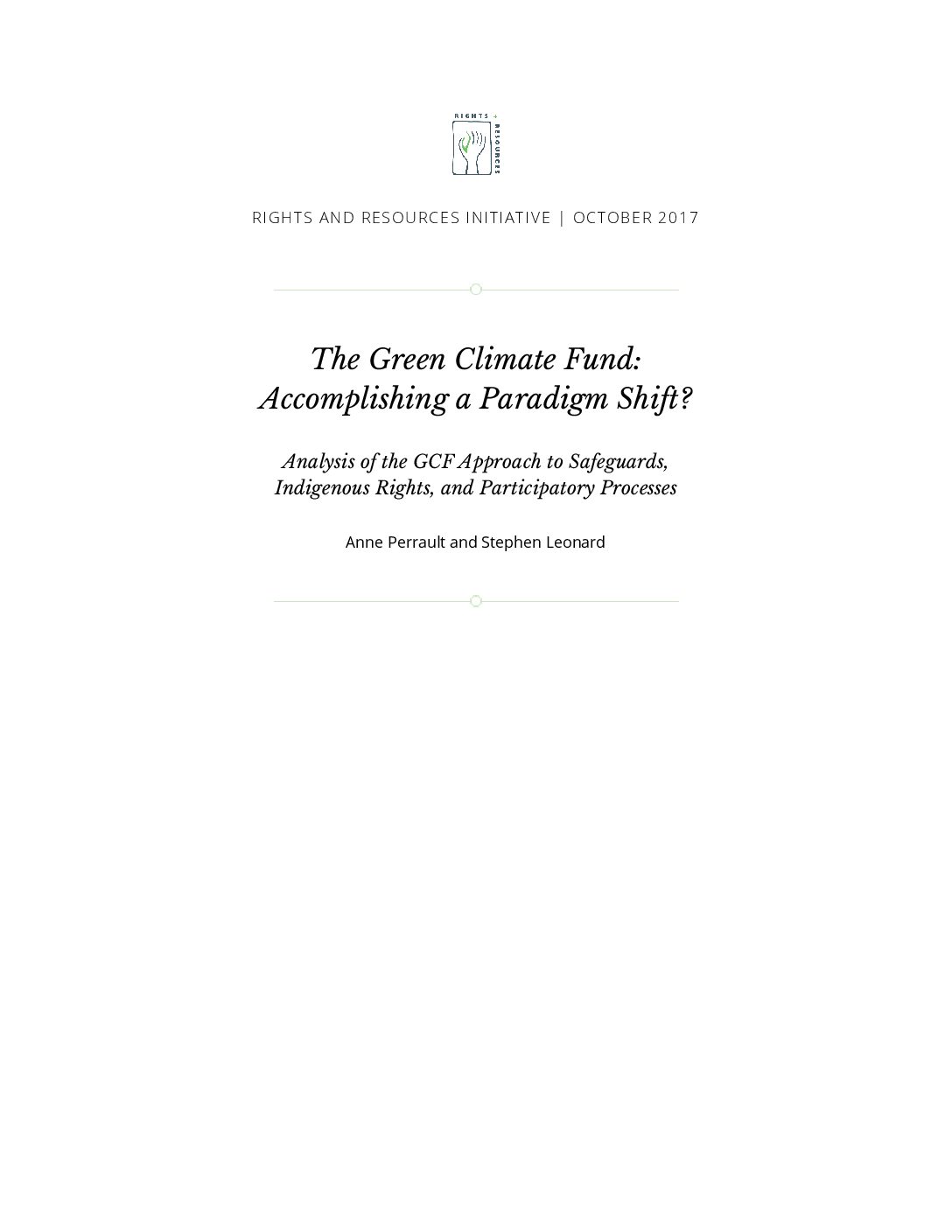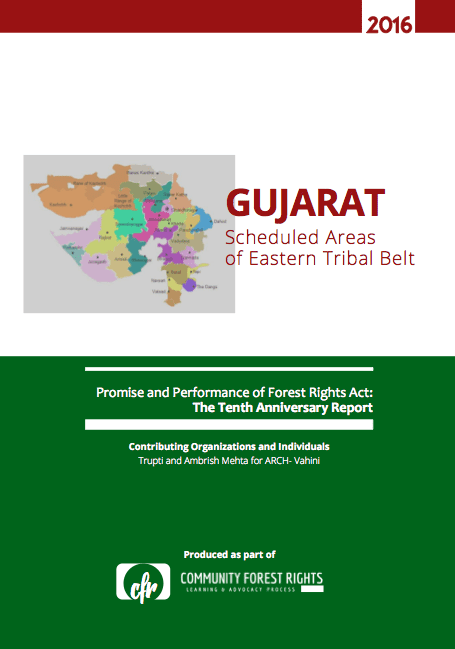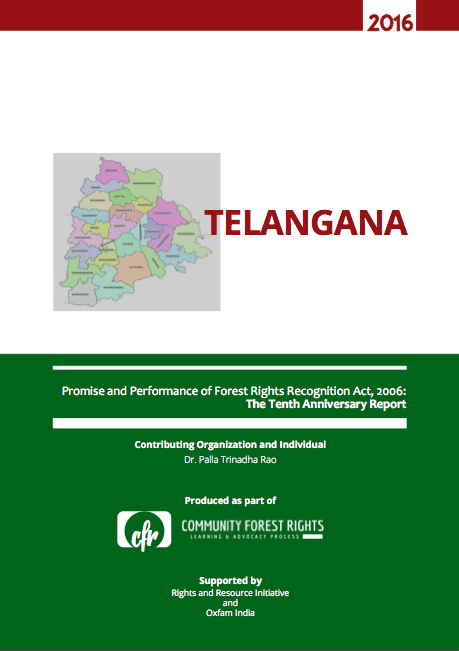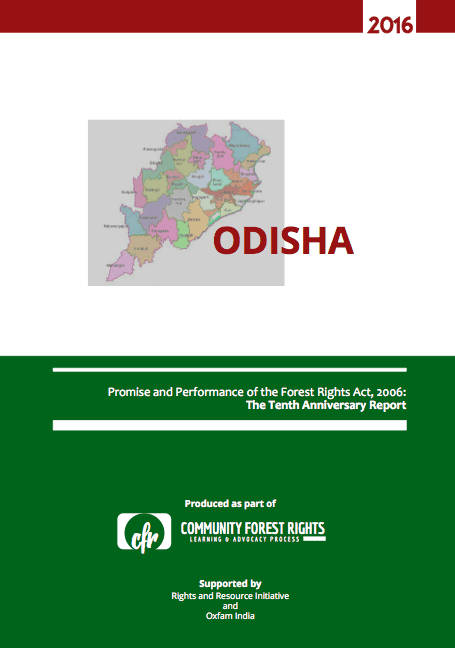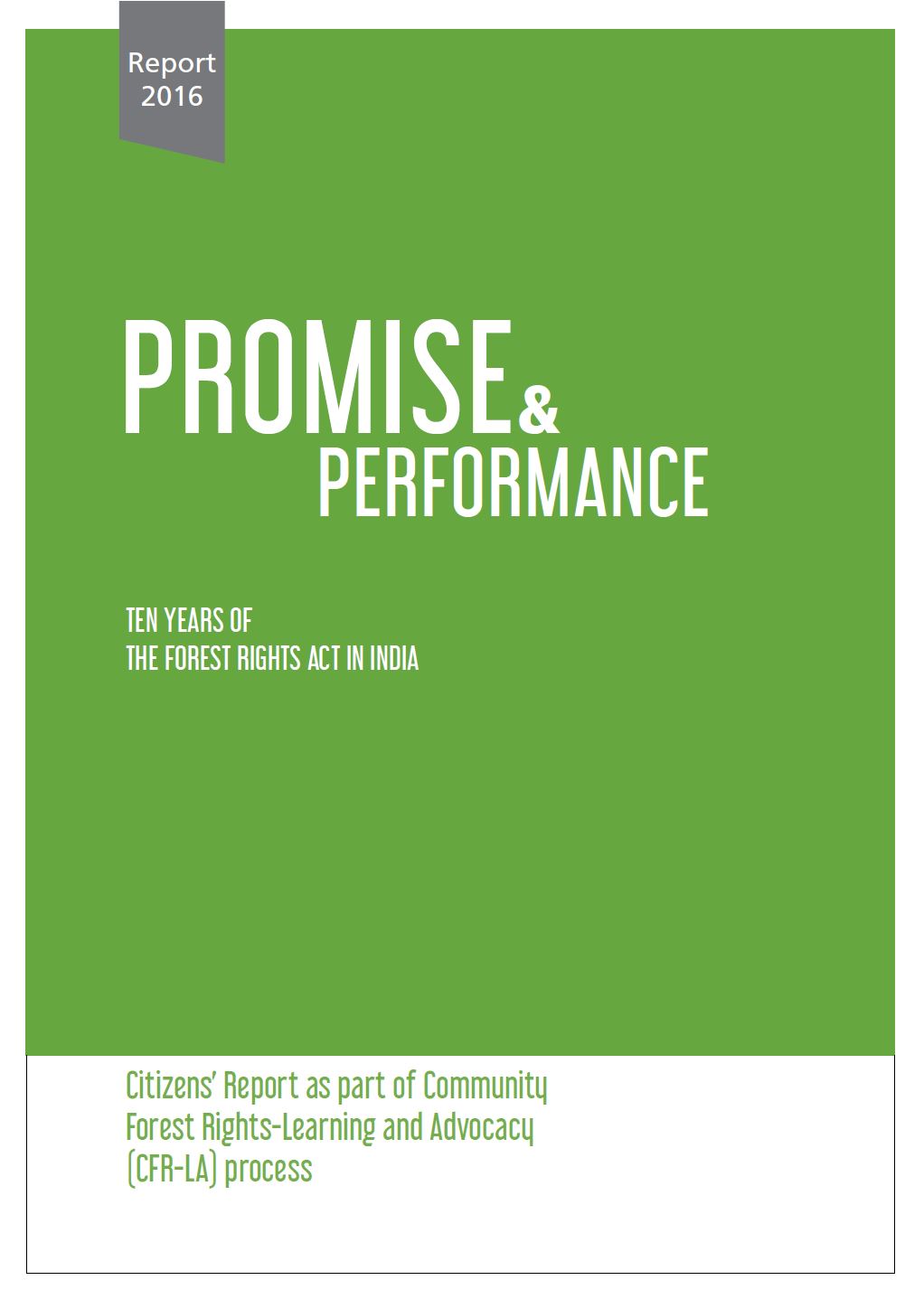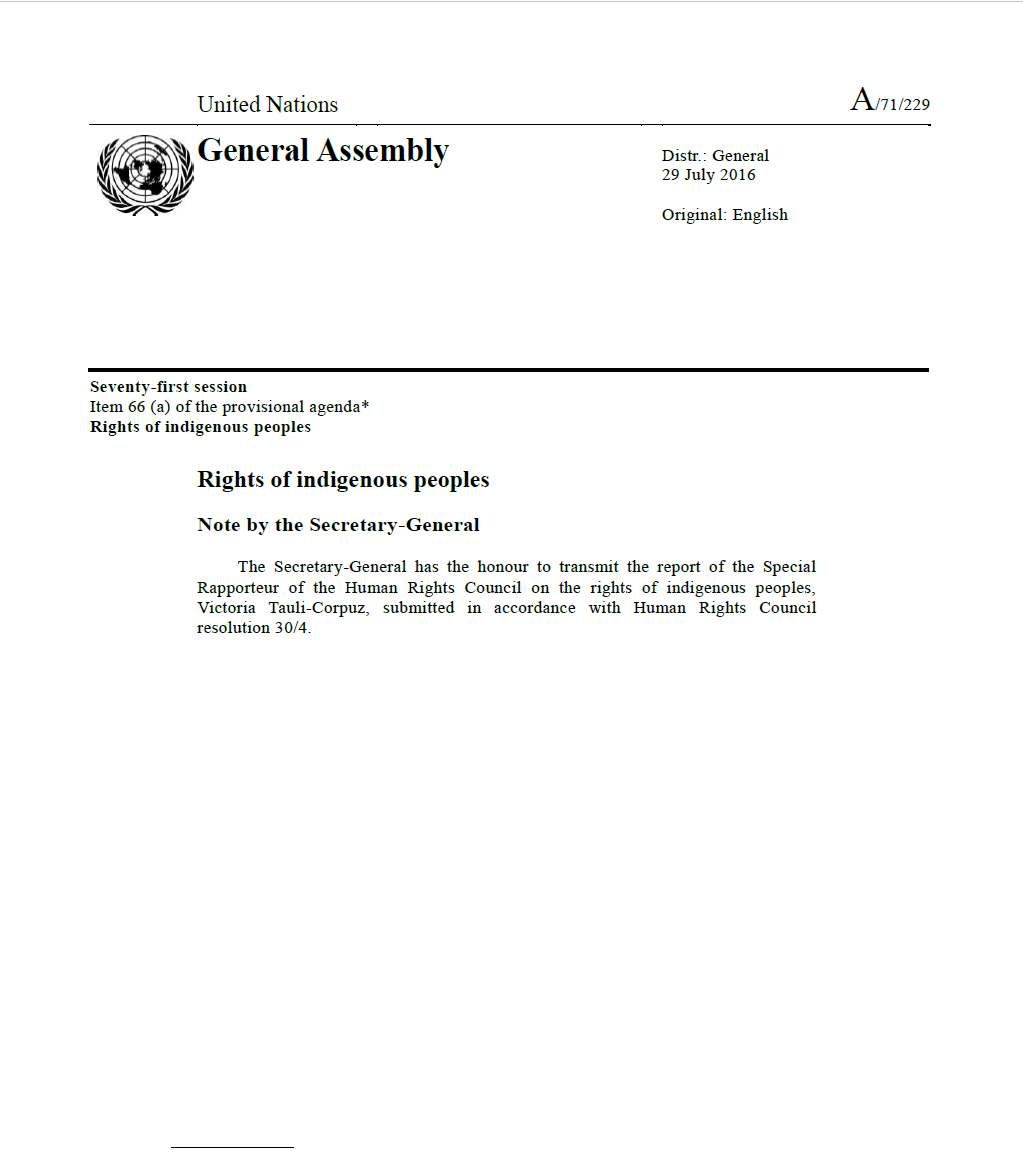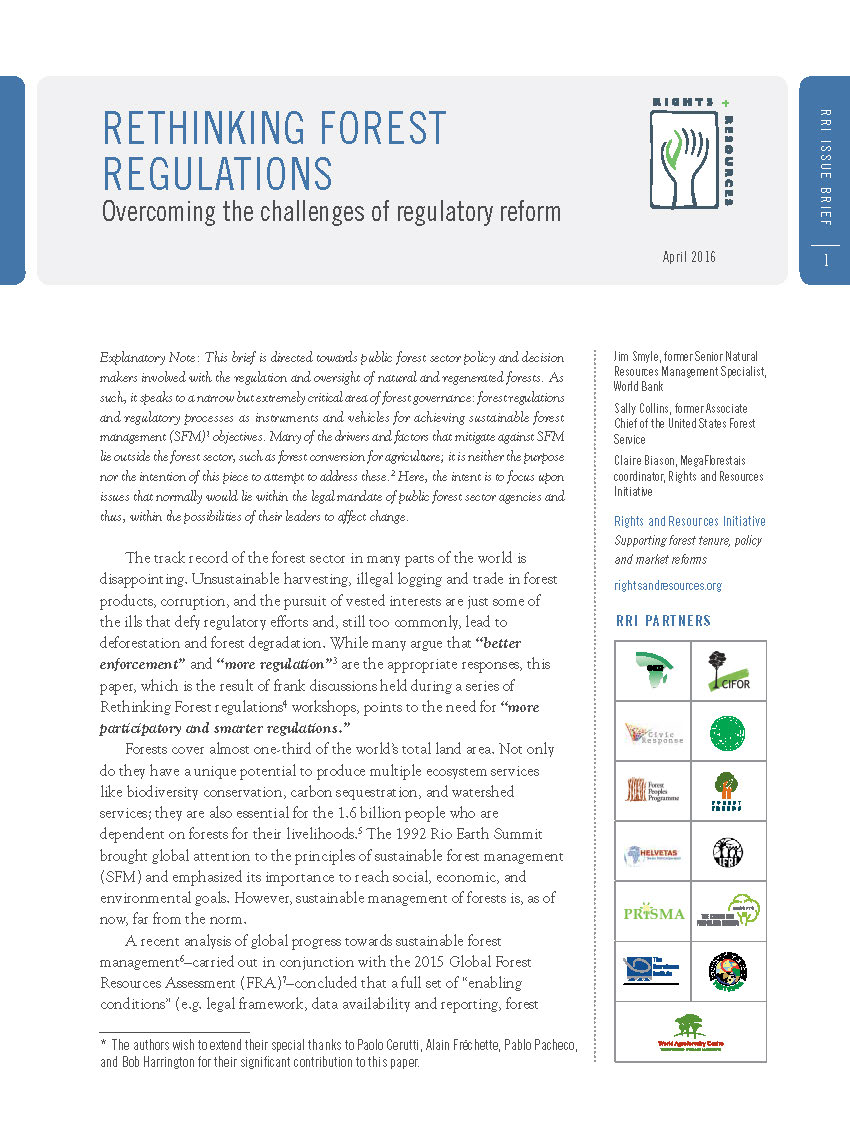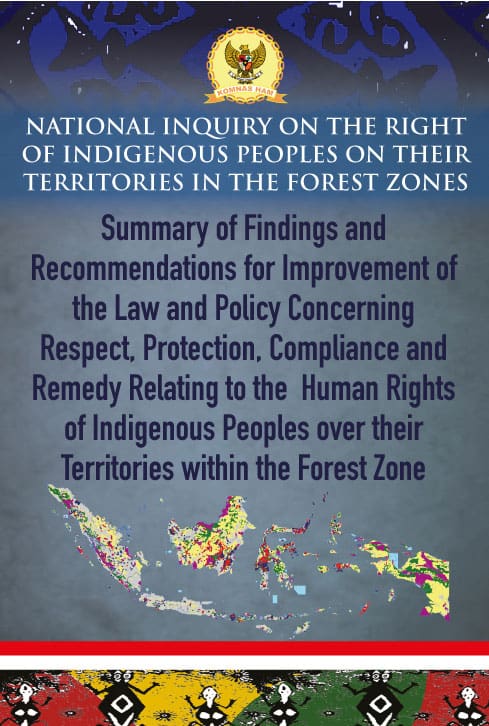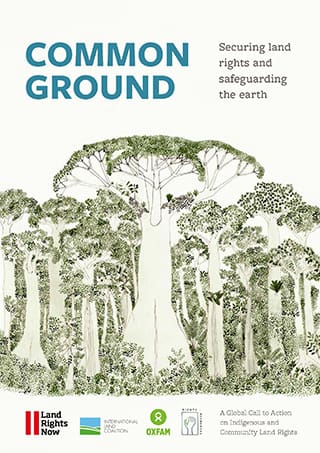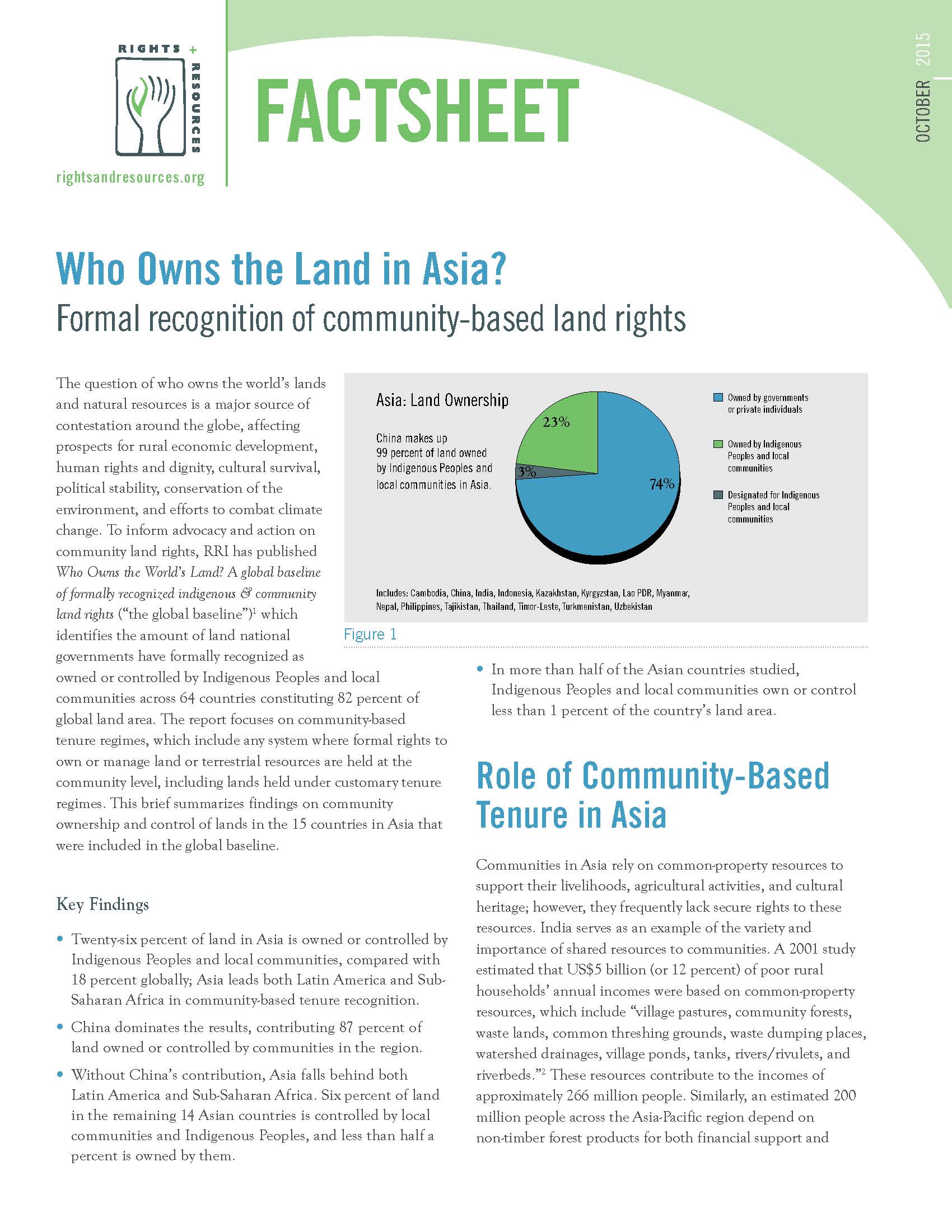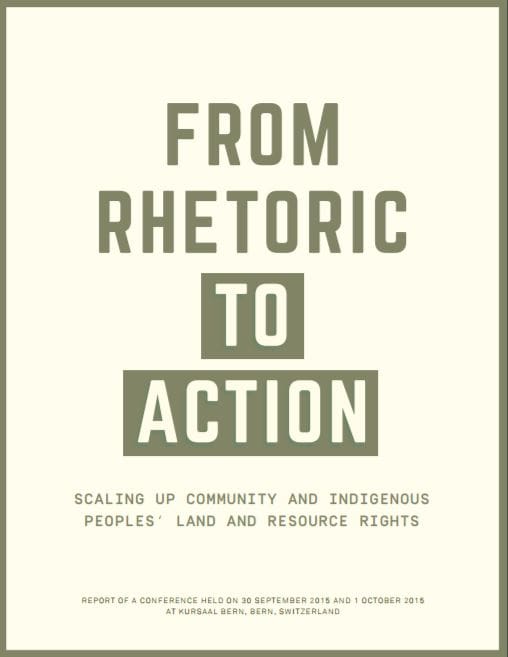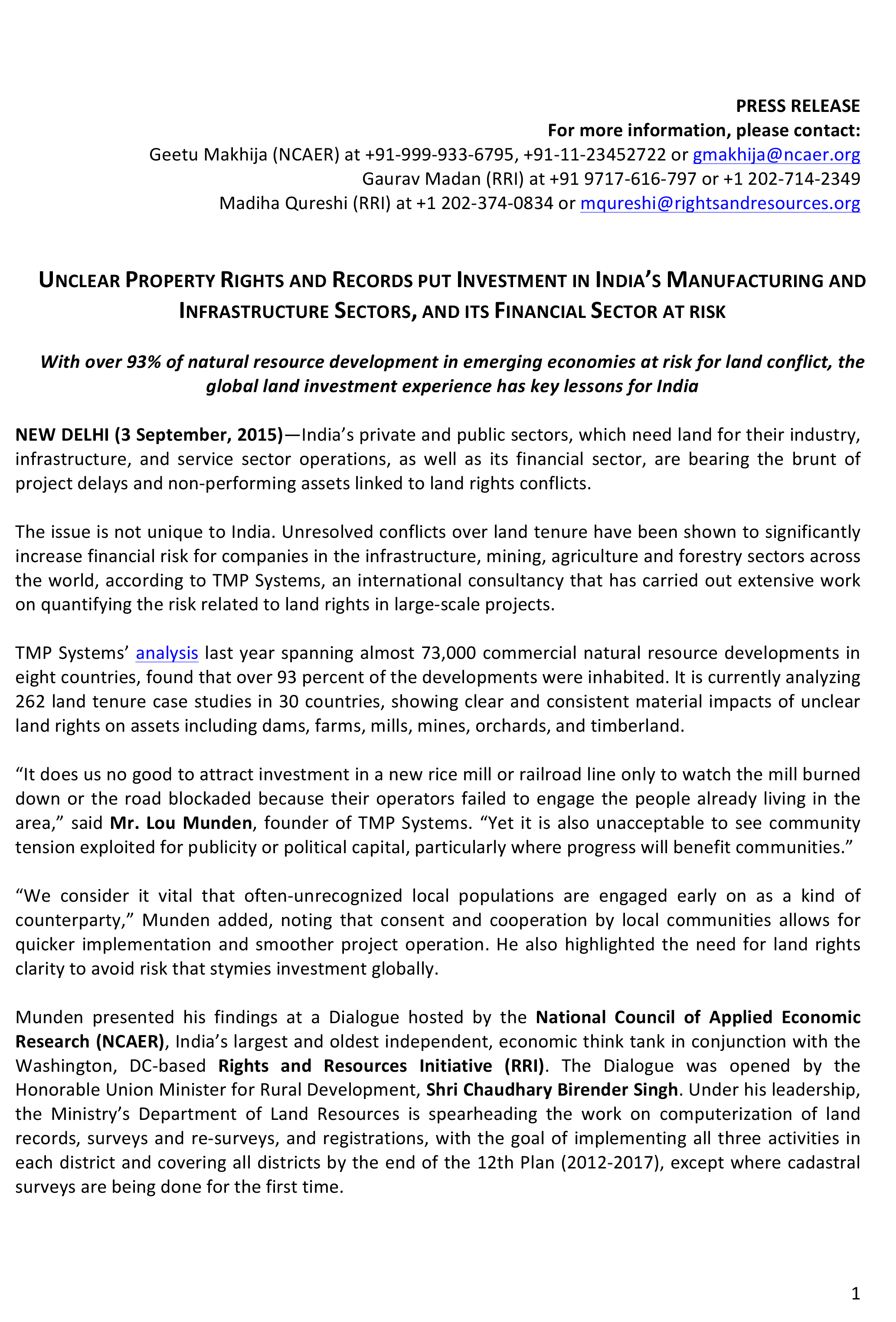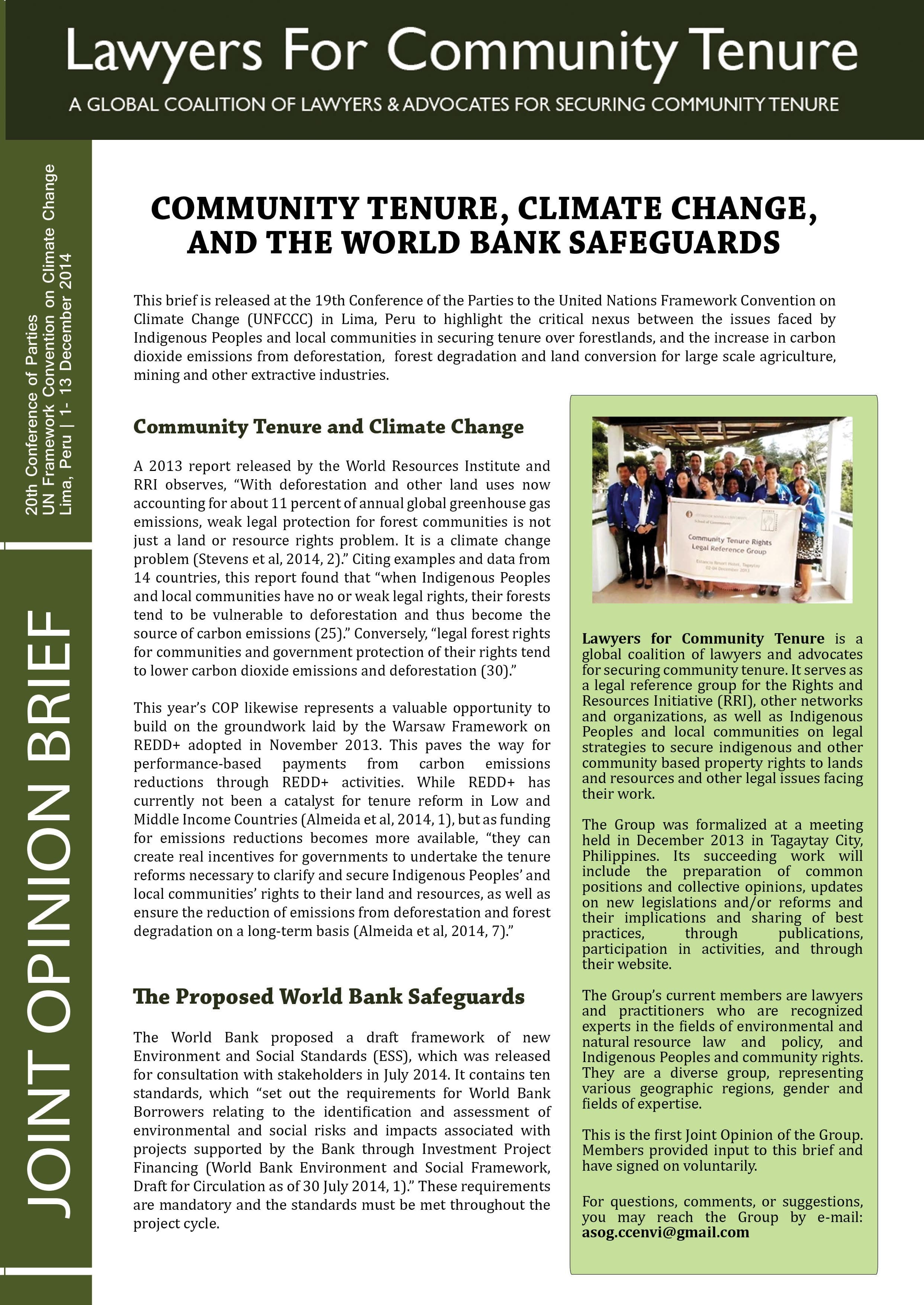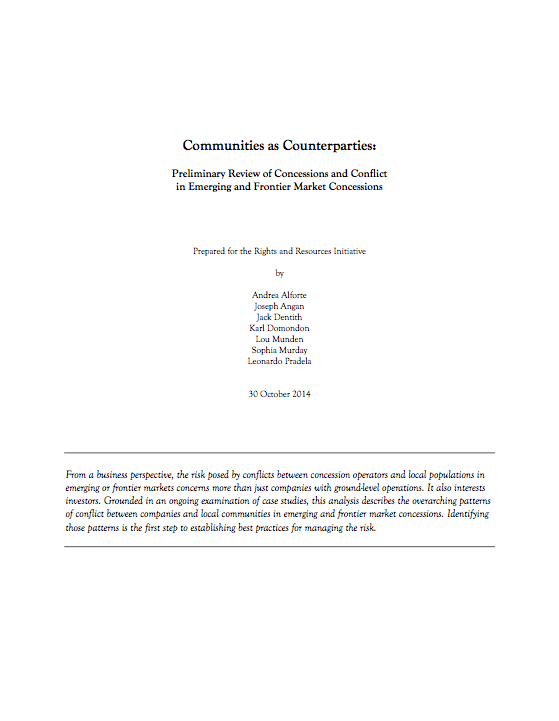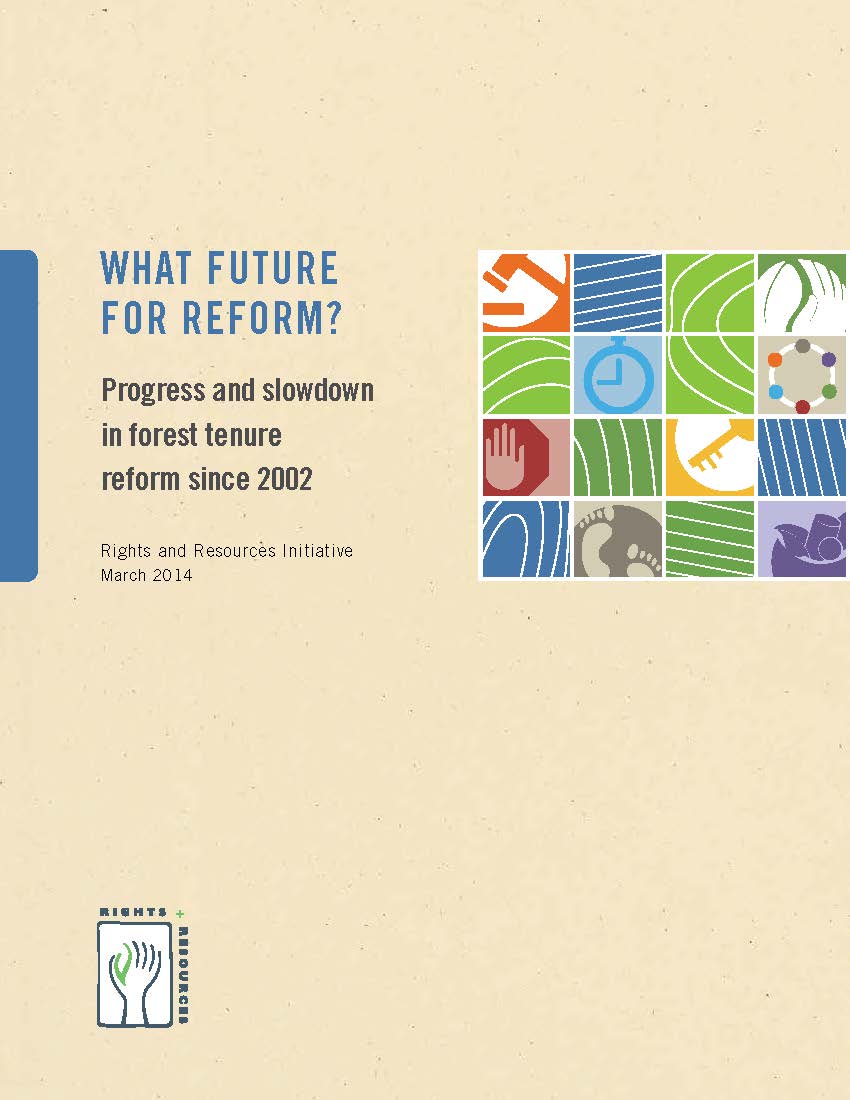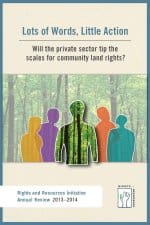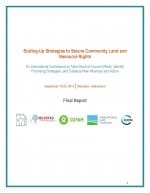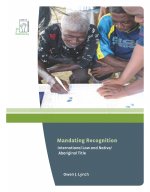Drawing on international standards and Green Climate Fund policy documents, this report traces the adequacy and implementation effectiveness of the Fund’s current institutional frameworks across a representative sample of approved projects. Noting critical gaps in nearly every aspect of the Fund’s operational modalities and project approval processes, the report calls on the GCF to take progressive steps to make Indigenous Peoples’ and local communities’ rights a key part of its climate actions going forward.
This study gives an approximate estimate of the potential forest areas that can be covered under the FRA in Gujarat. The idea is to compare and assess the actual status of the implementation with regards to the potential. This study also provides an overview of the implementation of the Act, together with highlights of both positive and negative aspects of the process and outcomes.
This study makes a preliminary assessment of the potential forest area over which rights can be recognized in Telangana under the FRA and compares it with the actual performance. The estimate provided offers a baseline for informing implementation, planning, and setting targets for rights recognition under the FRA.
This study makes a preliminary assessment of the potential forest area over which rights can be recognised in Odisha under the FRA. The estimate offers a baseline for informing implementation, planning, and setting targets for rights recognition under the FRA.
This paper proposes a framework of analysis to systematically classify and evaluate legal pathways to secure recognition of community-based property rights.
Amid the realities of major political turbulence, there was growing recognition in 2016 that community land rights are key to ensuring peace and prosperity, economic development, sound investment, and climate change mitigation and adaptation.
This report highlights FRA’s potential in transforming forest governance by empowering local communities and the gram sabha to protect and conserve forests; ensuring livelihood security and poverty alleviation; securing gender justice; meeting SDG, especially the goals of eliminating poverty and achieving ecological sustainability; and dealing with climate change.
Between June and August 2016, the Colombian government made two announcements that will profoundly change the country. After four years of peace negotiations with the FARC guerillas,…
Protected areas have the potential of safeguarding the biodiversity for the benefit of all humanity; however, these have also been associated with human rights violations against Indigenous Peoples in many parts of the world.
This brief is directed towards public forest sector policy and decision makers and speaks to a critical area of forest governance: forest regulations and regulatory processes as instruments and vehicles for achieving sustainable forest management objectives.
The National Commission on Human Rights (Komnas HAM) has released four books on the “Komnas HAM National Inquiry on the Rights of Customary Law-Abiding Communities Over…
The importance of protecting and expanding indigenous and community ownership of land has been a key element in the negotiations of the Sustainable Development Goals and the Paris Agreement on climate change, and is central to their successful implementation. This report launches a Global Call to Action on Indigenous and Community Land Rights, backed by more than 300 organizations all over the world.
This brief summarizes findings on community ownership and control of lands in 15 countries in Asia. These countries were included in RRI’s global baseline of formally recognized indigenous and community land rights.
The aim of this conference was to take stock of efforts to scale up Indigenous Peoples’ and community land and resource rights worldwide and to…
The first analysis to quantify the amount of land formally recognized by national governments as owned or controlled by Indigenous Peoples and local communities around the world.
With over 93% of natural resource development in emerging economies at risk for land conflict, the global land investment experience has key lessons for India.
This joint-opinion brief is released at the 19th Conference of the Parties to the United Nations Framework Convention on Climate Change (UNFCCC) in Lima, Peru to…
From a business perspective, the risk posed by conflicts between concession operators and local populations in emerging or frontier markets concerns more than just companies…
While governments are increasingly recognizing local ownership and control of forests, forest tenure arrangements remain in dispute or unclear in many places, including low, middle, and high income countries.
While there were many encouraging pronouncements in 2013—from courts, governments, and some of the world’s largest corporations —unfortunately, progress for community land rights on the ground remains very limited.
It is widely understood that forests throughout the world are under growing pressure as societal demands increase and diversify. If the drivers for this pressure…
In order to strengthen collective efforts to address these challenges and capitalize on current opportunities to scale up community land rights around the world, from…
A legal analysis of the national legislation assessing whether these legal systems recognize the community rights to access, withdraw, manage, exclude and alienate to forest resources and land.
This essay identifies, summarizes, and analyzes leading international and national laws and judicial cases recognizing or otherwise supportive of native/aboriginal title.

